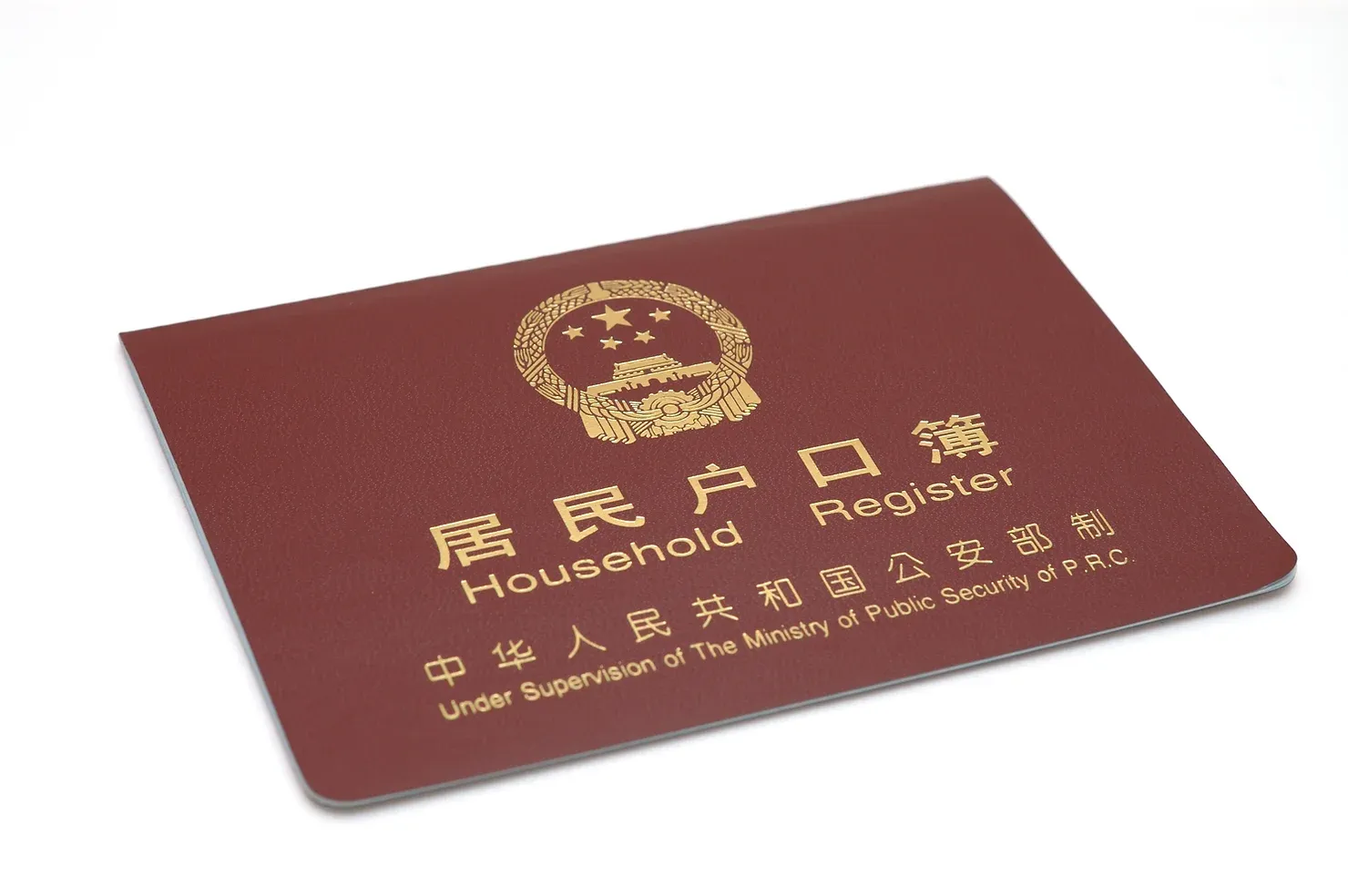
Between Switzerland and China, a controversial agreement due for extension
Signed between Switzerland and China in December 2015, a bilateral agreement allows Chinese officials to operate in Switzerland and assist Swiss immigration officials in identifying illegal Chinese citizens. The left is unhappy, and so are many NGOs
Signed between Switzerland and China in December 2015, a bilateral agreement allows Chinese officials to operate in Switzerland and assist Swiss immigration officials in identifying illegal Chinese citizens. The revelation of the existence of that agreement—which the Swiss government wishes to be renewed as it expires in early December—is creating a fair amount of controversy in Bern and elsewhere. The Socialist and Green parties are against its extension, joined by several NGOs.
One of Hong Kong’s best known human-rights activists, 23-year-old Joshua Wong expressed his dismay on Twitter to millions of his followers.
[Secret deal: China's security cops can investigate in #Switzerland]
— Joshua Wong 黃之鋒 😷 (@joshuawongcf) August 24, 2020
1. @NZZaS: #China & #Swiss signed a secret deal in 2015 allowing #Beijing's security officers to investigate Chinese nationals WITHIN #Switzerland for 2 weeks, even w/o official status.https://t.co/YDEZcYtso9
Following the agreement’s disclosure by the Swiss-German weekly NZZ am Sonntag, the Foreign Affairs Committee of Switzerland’s National Council—the lower house—hastily convened a meeting with Mario Gattiker, head of the State Secretariat for Migration. “Mr. Gattiker was able to clear up certain misunderstandings but not all reservations. The debate is not over,” declared Commission President and Zürich Green Party member Tiana Moser.

Clearly, this agreement, or to be precise, this “arrangement,” which you can download below, raises a number of questions.
Pointing to the brutal repression and incarceration of several thousand Uighurs and the recent decision to crack down on civil liberties in Hong Kong, opponents to its extension wonder what Switzerland gets out of such an agreement and why it would wish to extend it. “The agreement with China is absolutely unacceptable. Cooperation in criminal matters presupposes that the partner state is a constitutional state, that is not the case with China,” said Fabian Molina, a Socialist MP member of the Foreign Affairs Committee to the Swiss News Agency (SDA). In response to our questions, the Swiss Federal Department of Foreign Affairs (FDFA) stresses through its spokesperson that the issue of migration is under the sole authority of the State Secretariat for Migration (SEM). Given the political sensitivity of the matter, does the FDFA wish it had been consulted, and does it consider an extension of the arrangement to be in the interest of Switzerland’s foreign policy? “The SEM is the competent authority in the matter. The FDFA is open for consultation. The question of human rights is regularly addressed in both our bilateral and multilateral contacts with China,” adding that “a strategic review of the relationship between Switzerland and China, which includes the human rights question, is being undertaken for the period 2021–2024.”
Aside from its political dimension, the agreement in its current form poses several questions about its implementation. Who are the Chinese “experts,” how are their mission conducted, and under which supervision? Provided with office space and internet access, are they under surveillance or left free to operate as they wish?
Economic intelligence expert Alexis Pfefferle tells The Geneva Observer he finds “striking the difference between this agreement and the 50 readmission agreements signed by Switzerland.” “They are much more detailed in regard to the obligations and responsibilities of both parties.” “It doesn’t state whose Chinese agency they work for. It is hard to imagine that a low-level Chinese immigration agent speaks enough of a foreign language to work in Switzerland and accomplish such a mission.” According to Pfefferle, the proximity and access to the Chinese Embassy should also raise a flag.
SEM spokeswoman Emmanuelle Jaquet von Sury tells The Geneva Observer that the arrangement is of technical nature, not a readmission agreement. “It only relates to one aspect of such agreements, the identification of the people illegally in Switzerland.” She does confirm that Switzerland does not enquire as to their status as Chinese officials. “The Chinese government is free to decide which experts are best suited to assist SEM in identifying the Chinese persons.” Chinese asylum seekers in Switzerland are not covered by the agreement: their names and details are not disclosed to Chinese officials. She explains that until now, a single mission has taken place in 2016. Chinese experts spent two weeks in Switzerland, working from the SEM’s office directly alongside their Swiss partners. “All interviews conducted by the Chinese were in the presence of SEM’s employees. The Chinese Embassy provided the necessary documents to allow those people to be sent back to their country.” As for connectivity, the SEM spokeswoman confirms that the Chinese officials “were provided WLAN access and were able to use their own laptop to access, if needed, their own database.” Does the SEM expect the arrangement to be extended, and if so, without any changes? “The matter is under review,” she told The Geneva Observer.
-PHM
